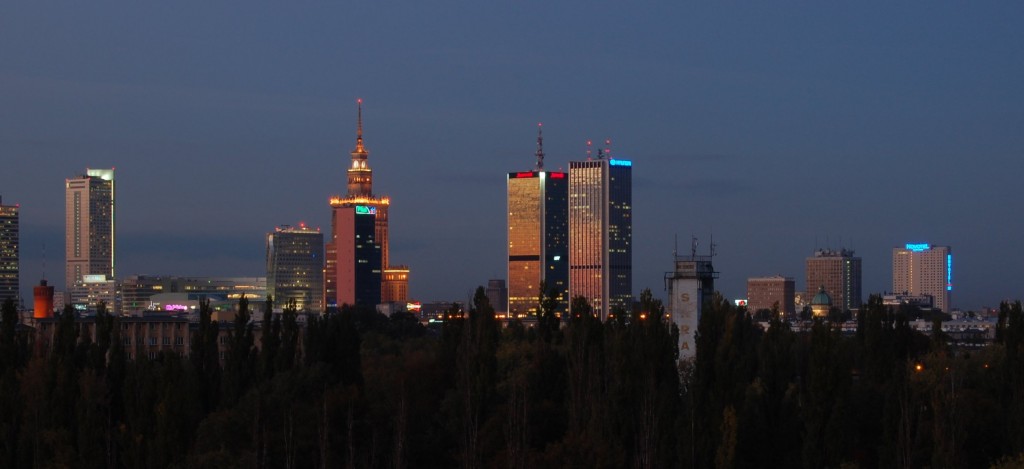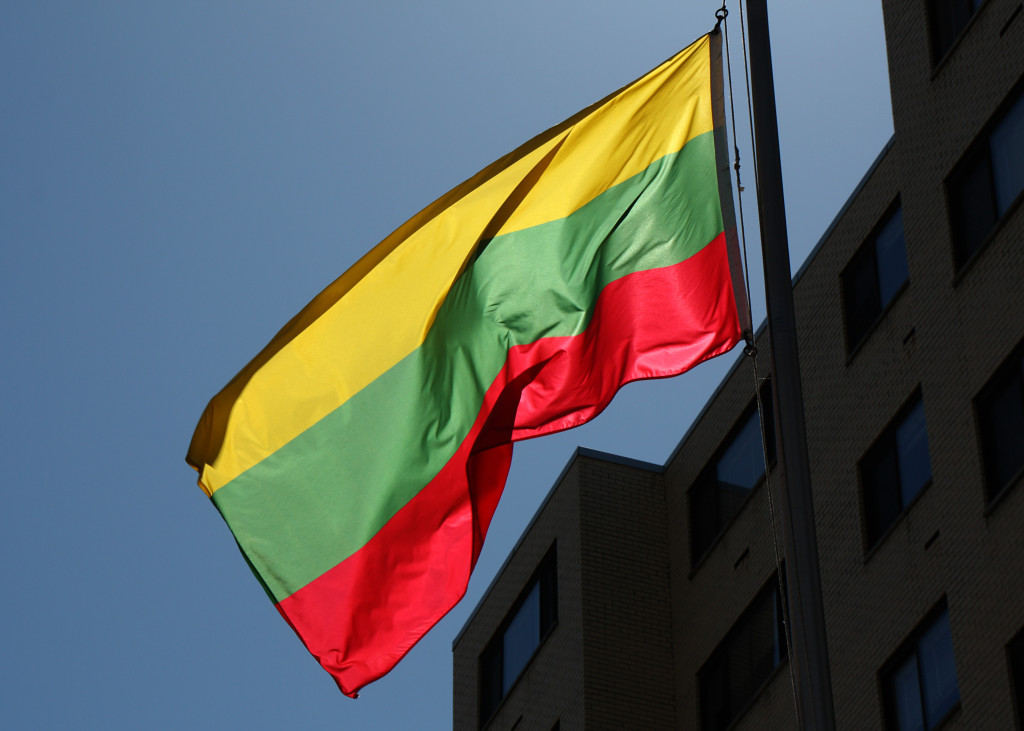
Polish Smog: Law and Justice Government Must Get Its Priorities Straight
Polish air pollution problem is largely the result of the country\'s addiction to coal. Not only Polish electricity, but also heating are highly dependent on this fuel. No one knows it for sure, but estimated 5 million heating stoves are still in use, with around 3 million that fail to meet any emission norms.











